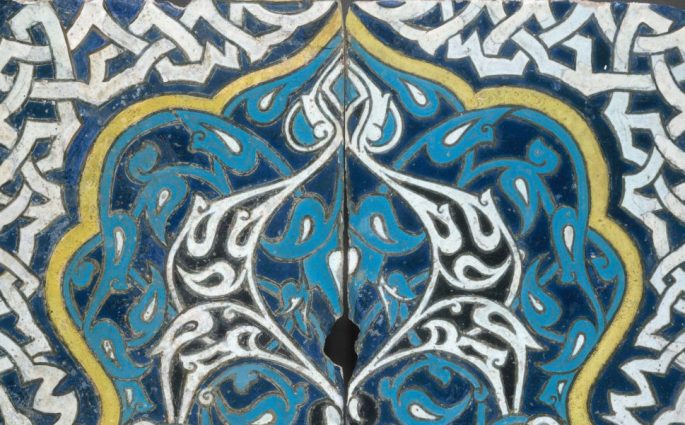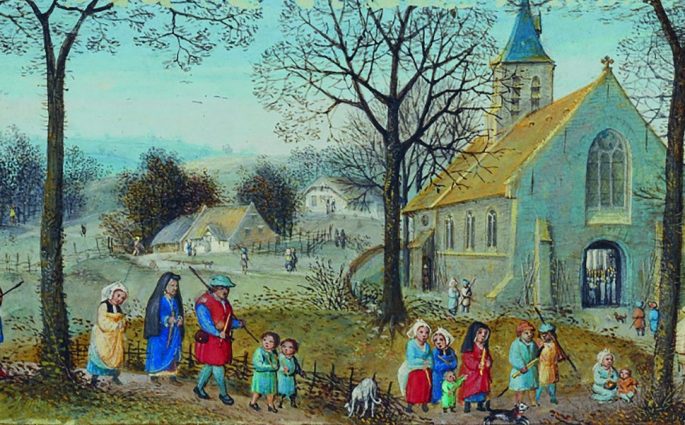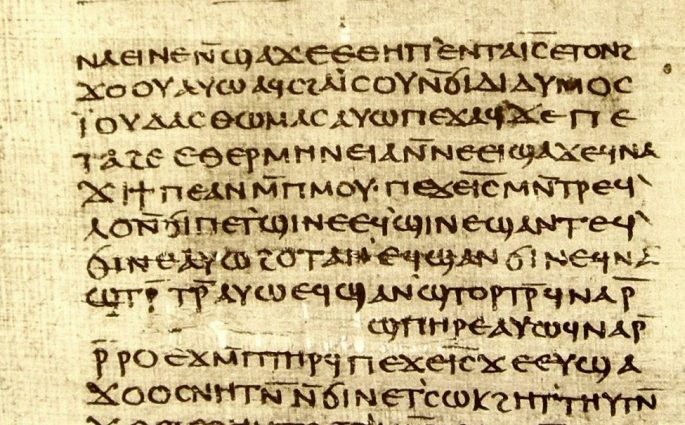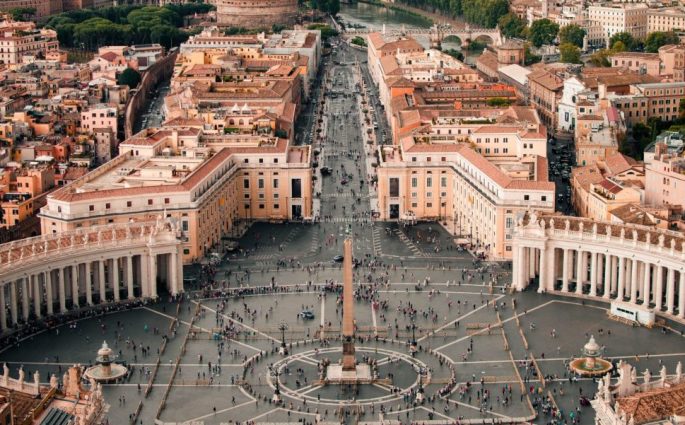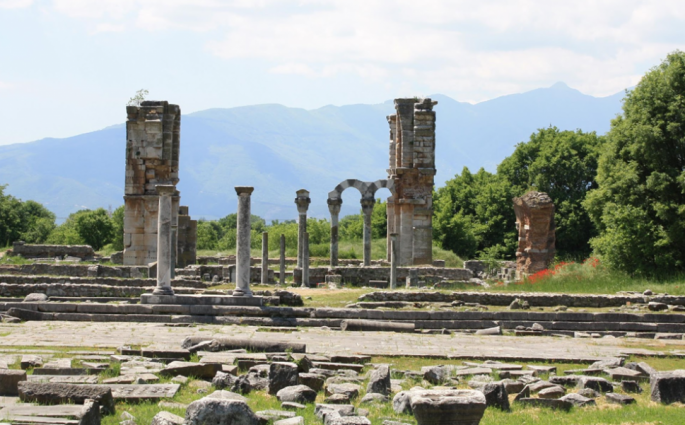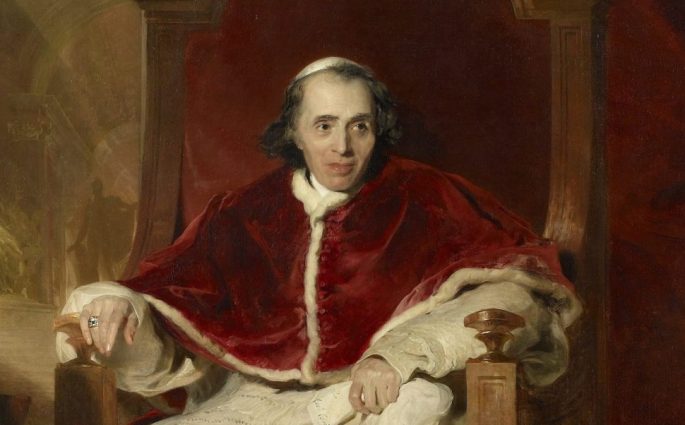Jews in the Greek and Roman Periods
Lawrence M. Wills— The books of the Hebrew Bible were likely composed in the ninth through second centuries BCE, under a range of very different political conditions. Israel was established as a kingdom by David in about the year 1000 BCE, and his son, Solomon, ruled successfully for about forty


